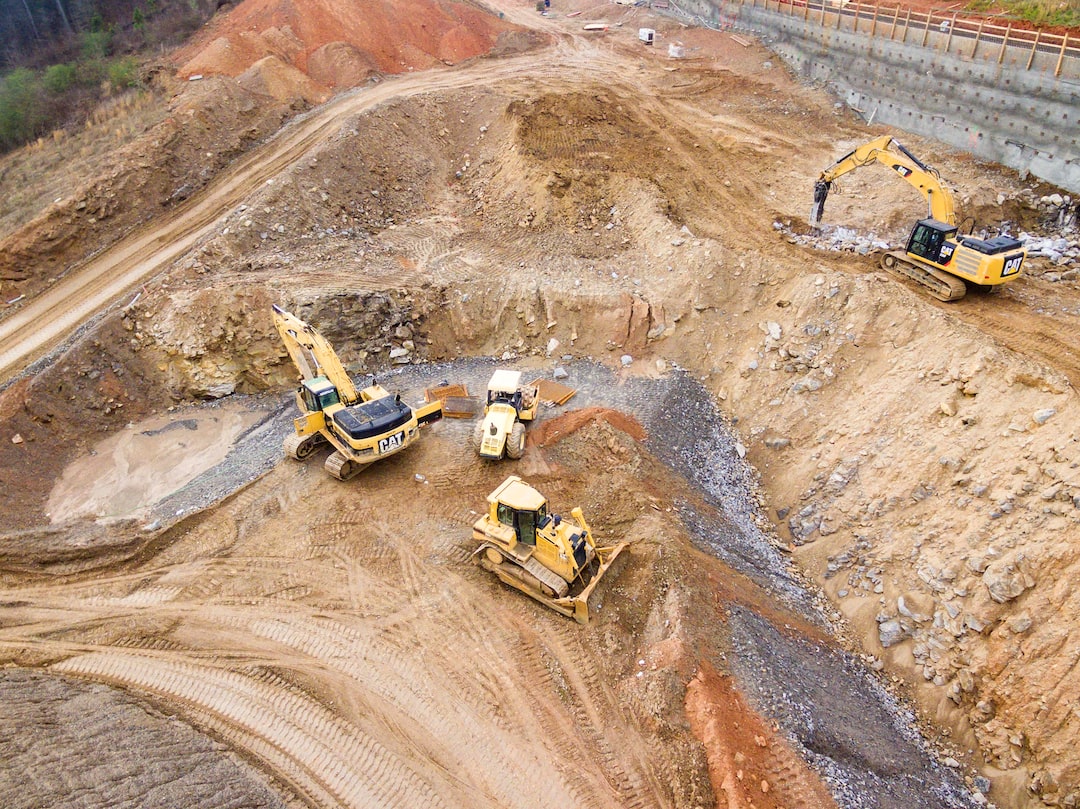Urban farming, also known as urban agriculture, is the practice of growing and producing food in urban areas. It has emerged as a response to the growing concerns regarding food security, climate change, and urbanization. Due to the limited availability of land and resources in urban areas, innovative engineering solutions are necessary for urban farming systems.
Innovative engineering solutions can help increase the productivity and efficiency of urban farming systems. Engineers can develop and design farming systems that are tailored to the specific needs of urban areas. For example, vertical farming systems are becoming increasingly popular in urban areas as they allow for efficient use of space and resources. These types of systems allow for crops to be grown in vertical layers, using technology to control the environment and provide the necessary amounts of light, nutrients, and water.
The use of hydroponic systems is another innovative solution for urban farming. Hydroponics involves growing plants in a nutrient-rich solution instead of soil. This method of farming requires less water and space, making it ideal for urban areas where resources are limited. Additionally, hydroponic systems can help reduce the use of pesticides and herbicides, allowing for healthier and more sustainable food production.
Urban farming can also benefit from the integration of renewable energy sources. Solar panels can be installed on rooftop farms or adjacent buildings to provide electricity for lighting and heating. This helps reduce the carbon footprint of urban farming systems, making them more environmentally friendly.
Innovative engineering solutions can also contribute to the reduction of waste in urban farming. For example, automation technology can be used to monitor and control the amount of water, fertilizer, and other resources used in farming systems. This can help eliminate waste and reduce the cost of production.
The use of drones is another innovative solution that can increase the efficiency of urban farming systems. Drones can be used to survey crops, monitor for pests and diseases, and even assist in irrigation. This technology can save farmers time and money by streamlining the farming process and providing real-time data on crop health.
There are also innovative engineering solutions that can address the challenges of food transportation and distribution in urban areas. The development of sustainable transportation systems, such as electric vehicles or public transportation, can help reduce the cost and environmental impact of transporting produce.
Furthermore, community-supported agriculture (CSA) programs can help bridge the gap between farmers and consumers in urban areas. These programs provide residents with fresh, locally-grown produce and support small-scale farmers in the process. CSA programs can be supported by innovative engineering solutions, such as online marketplaces and mobile applications, that help connect consumers with local farmers.
In conclusion, innovative engineering solutions are crucial in developing sustainable and efficient urban farming systems. These solutions can help increase productivity, reduce waste, and address the challenges of food transportation and distribution in urban areas. With the increasing need for sustainable food production, it is important that engineers continue to develop and design solutions to support the growth of urban agriculture.

